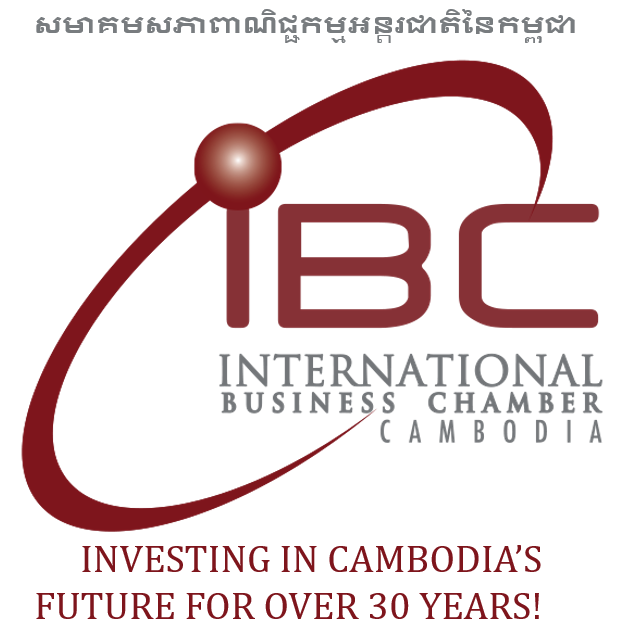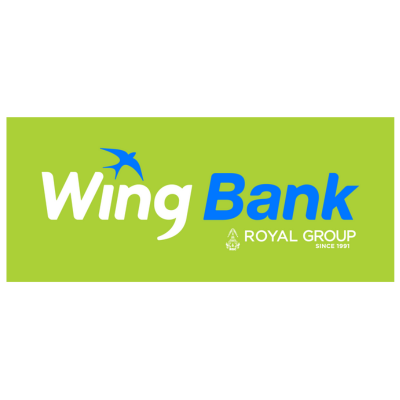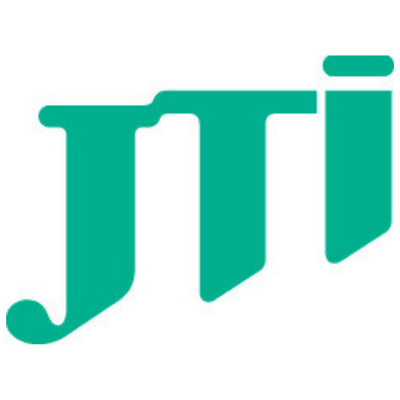Cambodia Investment Review
The International Business Chamber Education Working Group has brought together members of Cambodia’s education sector to network with each other and discuss solutions to address capacity gaps in the education industry.
Hosted at the KVL Hotel in Phnom Penh the IBC Education Working Group members are education professionals committed to addressing the skills gap, which deeply impacts both employers and young Cambodians.
Gabriel Helmy, Chairperson of IBC Education Working Group and CEO and Founder of The Capacity Specialists told Cambodia Investment Review that the IBC’s Education Networking Events were proving to be very popular as a way to connect the private sector with the education sector.
“The IBC Education Working Group looks forward to further connecting these two groups of stakeholders to promote further trust, dialogue, and collaboration in its vision to reduce the skills gap and for the improvement of Cambodia as an investment destination,” Gabriel said.
According to Cambodia’s National Employment Agency in 2021, 48% of employers experienced recruitment difficulties due to a lack of skills applications. While 35% of university graduates are unemployed because their skills do not meet employer needs the Asian Development Bank has found.
Cambodia Investment Review has previously reported on the IBC’s Pathway to Employment (P2E) program helping local university students to develop crucial workplace skills and contribute to addressing Cambodia’s skills gap.
The chambers Education Committee brought together 17 university students, eight member companies, and six Universities & vocational schools, with each member company expected to provide their students with a monthly allowance.

To read more about the IBC’s Pathway to Employment (P2E) program click here.
Addressing Cambodia’s skills gap
The IBC Education Working Groups believes that by examining the pre-employment situation (cause) and the resulting under-skilled workforce (symptoms) we can identify practical solutions and assist our members in implementing them.
Development organizations have expressed that Cambodia’s total workforce output level will require quick and significant investment in multiple areas if Cambodia is to achieve its ambitious aim of becoming an upper-middle country by 2030.
Upper middle-income countries are defined as economies with a gross national income per capita between $4,406 and $12,535 currently including regional neighbors Thailand and Malaysia.
During the event, IBC Chairman Paul Clements said the IBC continues to foster industry relationships within the education sector with our 6th Education Networking Event.
“More Educational professionals are attending to contribute to development initiatives for the sector and support business having getting skilled employees,” Clements said.
“We aim to also begin to work on matters that require industry change and utilize IBC Working Group on Law, Tax, and Governance and the Accelerator Program to collaborate with the Royal Government,” he added.









